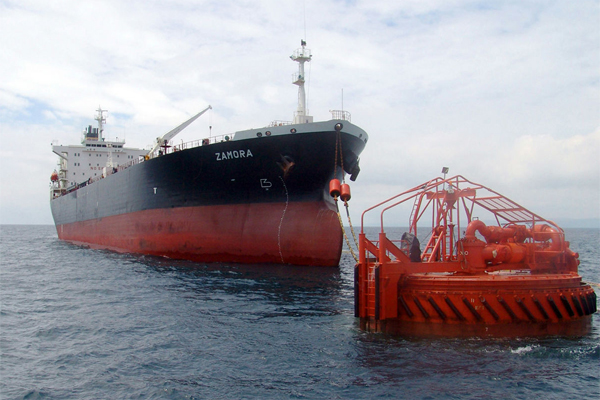
USGC-LatAm fixtures slow as traders hunt for diesel cargo supply.
Matt Kohlman, Platts
SEATTLE
EnergiesNet.com 03 25 2022
Latin America has hit another dry spell for refined product tenders, but sources said March 24 that entities are taking a quieter route through spot cargo purchases instead of issuing tenders.
Prices from Mexico to Argentina hovered back near the record highs reached March 8, when Russia’s invasion of Ukraine led to escalating global prices, especially for ULSD, and caused companies to cope through canceled, quickened, or reduced-volume tenders. The market hesitantly started to pick up again thereafter, culminating in a Petroecuador tender for seven premium diesel cargoes, the largest tender award in a month. That tender was awarded March 23 to Glencore at a $7.45/b premium to S&P Global Commodity Insights’ Platts assessment of Gulf Coast ULSD pipeline. Similar tenders in preceding months had been at slight discounts.
However, sources said they knew of no unawarded tenders other than Petroperú’s 11-cargo request for ULSD or diesel-biodiesel blends to be delivered in the second quarter. The deadline was March 23, but sources had not heard of an award as of March 24. One trading source said Phillips 66 and Valero may have shared the award, but a second believed Petroperú did not get enough offers to fill the entire tender, asking for “too many cargoes for this critical time,” he said.
Sources said Refidomsa in the Dominican Republic, COPEC in Chile, and Paria in Trinidad and Tobago were among entities looking to buy. Latin America is a huge outright price buyer of refined products, mostly from the US Gulf Coast, and has large yearly and quarterly contracts still ongoing, but that may need to refresh soon.
“All LatAm keeps buying… at these all time highs, but they are trying to not spike the market,” the first source said. “So I think the strategy is more focused on doing spot cargos, not tenders.”
The second source said it made sense, as most of the current demand was for ULSD or higher sulfur diesel, where a global shortage was caused by the loss of Russia’s major supply. Europe imported 1.5 million b/d of refined products, mostly diesel, before the Russian invasion of Ukraine.
“That is the reason there are a lot of cargoes going from USGC to Europe,” the second source said. “I heard COPEC is looking for ULSD. Several cargoes.”
Chile, Argentina and Brazil have a normal flow of cargoes from Asia, India and elsewhere but mostly the USGC, according to S&P Global’s Platts cFlow trade-flow analytics software, but few of the ships were early in their voyage.
The average ship fixtures heard by S&P Global in March resembles those on March 24: Sea Cougar by Valero from the USGC to the Caribbean or Mexico, and Athina M by Vitol from the USGC to Brazil or the Caribbean. One month earlier, on Feb. 24, eight ships were heard fixed, from the USGC to Brazil, Chile, Peru, Eastern Mexico and the Caribbean, while 10 fixtures were heard a day earlier. That’s half as many of the just over 30 USGC-Latin America fixtures heard so far in March and about equal the number of fixtures from the Gulf Coast to Europe.
A third Latin American source said the region is still likely to publicize tenders, but finding any offers of ULSD cargoes to supply them may be tougher.
“I’m still just seeing bids off the USGC for diesel cargos,” he said. “It’s amazing.”
spglobal.com 03 24 2022











